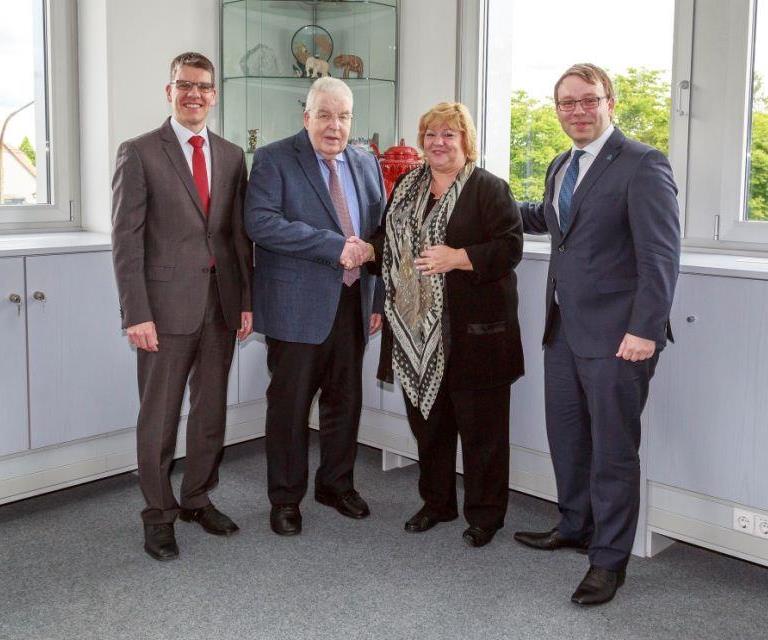Innovative advancements in the field of deep-hole drilling have paved the way for more efficient and productive operations. One such breakthrough is the utilization of Minimum Quantity Lubrication (MQL) technology, which has revolutionized traditional drilling methods. This article delves into the transformative impact of MQL on deep-hole drilling processes, highlighting its ability to enhance precision, reduce environmental footprint, and optimize overall productivity.
Achieving Unparalleled Precision
MQL technology offers a remarkable level of precision in deep-hole drilling applications. By delivering a precisely controlled amount of lubricant directly to the cutting zone, it ensures optimal cooling and lubrication without excessive waste or oversaturation. This precise application eliminates issues related to chip evacuation and thermal expansion that often hinder conventional drilling techniques. As a result, MQL enables engineers to achieve unparalleled accuracy when creating intricate holes with tight tolerances.
Minimizing Environmental Impact
With an earnest commitment towards sustainable practices ingrained within my religiously conservative upbringing, I find great solace in knowing that MQL significantly reduces environmental impact compared to traditional drilling methods. The minimal quantity of lubricant used not only conserves resources but also minimizes hazardous emissions associated with coolant usage. Additionally, by eliminating the need for large-scale coolant systems and their subsequent maintenance requirements, MQL contributes towards reducing energy consumption and waste generation – aligning perfectly with our responsibility as stewards of this Earth.
Optimizing Overall Productivity
Beyond its precision-enhancing capabilities and eco-consciousness benefits, MQL technology also optimizes overall productivity during deep-hole drilling operations. The reduction in downtime due to tool changes or interruptions caused by chip accumulation leads to uninterrupted machining cycles – resulting in significant time savings. Moreover, the elimination of coolant-induced part contamination ensures a streamlined production process, reducing the need for additional cleaning and inspection steps. This enhanced productivity not only boosts efficiency but also allows manufacturers to meet strict deadlines while maintaining exceptional quality standards.
Concluding Thoughts
In conclusion, MQL technology has emerged as a game-changer in deep-hole drilling applications. Its ability to enhance precision, minimize environmental impact, and optimize overall productivity makes it an invaluable tool for engineers and manufacturers alike. As we continue to embrace technological advancements that align with our religiously conservative values, MQL stands out as a prime example of innovation that harmonizes technical progress with responsible stewardship.
